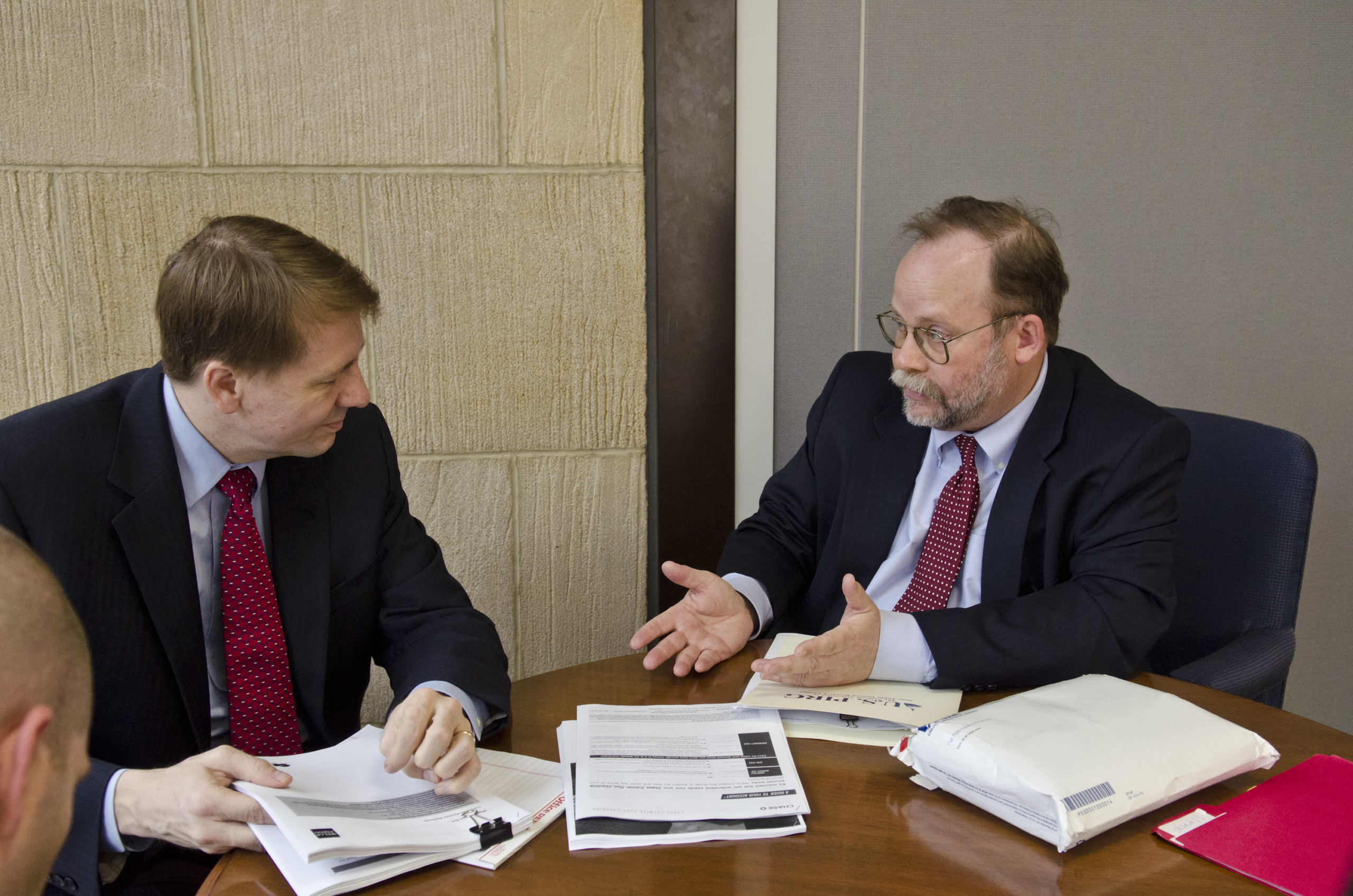
Ten Ways The CFPB Is Protecting Consumers
Since its official launch in July 2011, the Consumer Financial Protection Bureau (CFPB) has been an invaluable ally to consumers. The CFPB was created after the financial crisis to bring basic standards of fairness and transparency to the world of credit cards, student loans, home loans, auto loans, checking accounts, and debt collection, among other financial products and practices.

Since its official launch in July 2011, the Consumer Financial Protection Bureau (CFPB) has been an invaluable ally to consumers. The CFPB was created after the financial crisis to bring basic standards of fairness and transparency to the world of credit cards, student loans, home loans, auto loans, checking accounts, and debt collection, among other financial products and practices.
Here are 10 ways the CFPB is ably fulfilling its mission to protect consumers:
1. Returning more than $400 million to nearly six million consumers cheated by credit card companies
The CFPB joined other regulators in going after Capital One, Discover, and American Express over the aggressive marketing of credit-card add-on products. Consumers had been pressured into accepting exorbitantly expensive plans to protect their identity or cover bills in the event of disability or job loss. But many of those same consumers had found it difficult or impossible to actually get the promised help. In addition, some were signed up without their consent or after being misled into believing the protection was free. American Express, which agreed to pay $85 million in refunds to 250,000 cardholders, had targeted some cardholders because of their advanced age. Discover and Capital One, in addition to paying a combined $372 million in fines and restitution, both agreed to stop offering credit card add-on products.
2. Moving to end the era of hurtful mortgages that rake in up-front fees before self-destructing
New CFPB rules prohibit banks and mortgage companies from making loans without verifying borrowers’ ability to repay. The rules also curtail the use of teaser rates and other ploys for making mortgages appear to be less costly than they really are.
3. Standing up for students and families trapped in high-cost education loans
For the first time, people have a place to go with complaints about private education loans. Some of these complaints have resulted in monetary relief. (The median amount that lenders report having returned so far is $1,572.) But the biggest source of complaint is the sheer difficulty of repaying loans – or of renegotiating them to take advantage of current low interest rates. In response, the CFPB has begun a process of developing new and more affordable private-loan repayment options, putting out a request for public comment on how to do so.
The CFPB is also investigating deceptive or predatory lending by for-profit colleges and questionable marketing practices by banks and credit card companies on college campuses. And to help students avoid getting into trouble in the first place, the CFPB created a set of “Know Before You Owe” tools to help students understand and compare college costs and financial-aid offers.
4. Protecting military families against illegal foreclosures and deceptive education-loan practices, among other abuses
Under Assistant Director Holly Petraeus, the CFPB has a special team of advocates and investigators looking out for service members and veterans, and going after those who systematically target them with financial scams.
5. Enabling consumers to finally know just how much they are charged for sending money overseas, and how much their family members actually receive
With its new remittance rules, the CFPB brings transparency to a notoriously abusive market, and gives consumers remedies if the provider fails to deliver the funds as promised.
6. Going after fraudulent companies that collect up-front fees from desperate borrowers, and then don’t deliver the help they promised.
By freezing assets and shutting down fraudulent companies, the CFPB is working root out these “last dollar” scams, while making it easier for debtors to find the help they need.
7. Probing for abusive fees in banks’ overdraft practices
JPMorgan Chase, Wells Fargo, PNC, Bank of America, and five other banks are currently under investigation for persuading customers to opt into expensive overdraft-protection programs without always being made aware of cheaper alternatives. The CFPB plans to issue new overdraft rules, and consumer advocates hope that one of them will be a ban on the practice of manipulating the sequence in which payments are processed, in order to generate more fees for the bank.
8. Beginning to monitor the out-of-control world of credit reporting and debt collection
In January 2013, the CFPB began to investigate evidence of harassment and deception on the part of the 175 largest debt-collection firms, which bring in more than $10 million a year each. The Bureau has also begun to oversee the credit reporting industry, implementing a federal law that requires such companies to remove or correct inaccurate, incomplete, or unverifiable information within 30 days of being notified.
9. Giving financial consumers an effective way to complain about errors and misdeeds
The CFPB’s complaint system has been widely praised for delivering swift and serious results. In the early going, more than half of those using the system for credit-card complaints received monetary relief.
10. Establishing a simple and transparent online database, and taking steps to make complaint information public and searchable
Using the CFPB’s website, consumers can find out which card companies are being criticized for what, how quickly they’re resolving problems, and what kind of relief people are getting. The bureau also appears to be moving toward public disclosure of the substance of individual complaints.
Content courtesy of Americans for Financial Reform
Topics
Find Out More


Is Alexa always listening? How to protect your data from Amazon

Safe At Home in 2024?

